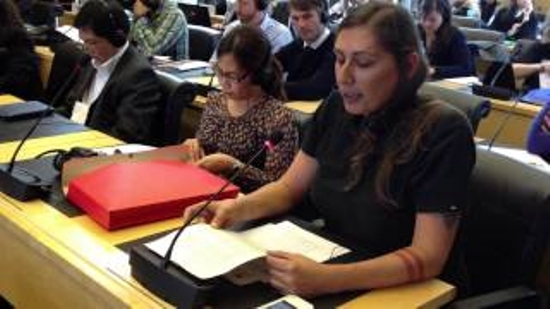The collective efforts of LGBT (lesbian, gay, bisexual, transgender) organizations in Turkey paid off and the UN (United Nations) Human Rights Committee issued its concluding observation on Turkey, covering discrimination against LGBT people.
The reports are a compliance review of the International Covenant on Civil and Political Rights (ICCPR), one of the core human-rights treaties that expand and enforce the UN’s founding principles.
Countries periodically go for review before the commissions, submitting their own official reports on human rights. These reports are supplemented by “shadow reports,” intended to shadow the official reports with anecdotal and experiential evidence collected by organizations.
Discrimination and Violence Against LGBTs Must Come to an End
The Committee requests Turkey to enact legislation on anti-discrimination and equality, ensuring that it includes a comprehensive prohibition of discrimination on all the grounds as set out in the Covenant, as well as the prohibition of discrimination on the basis of gender identity and sexual orientation. The State party should also ensure that reliable and public data is systematically collected on cases of discrimination and their treatment by the competent judicial authorities. The State party should therefore state clearly and officially that it does not tolerate any form of social stigmatization of homosexuality, bisexuality or transsexuality, or harassment of or discrimination or violence against persons because of their sexual orientation or gender identity. It should ensure the investigation, prosecution and punishment of any act of discrimination or violence motivated by the victim’s sexual orientation or gender identity.
From Right to Enjoy Your Own Language to Conscientious Objection
The remarks made by the Committee showcases Turkish history and political struggles in short. Along with the LGBT issue, The Committee is also concerned about the discrimination and the restrictions suffered by members of minorities, such as the Kurds and the Roma, affecting their right to enjoy their own culture and use their own language, that families of victims of enforced disappearance in the 1980s and 1990s still do not know the whereabouts of their loved ones, the de facto reduction of sentences for perpetrators of “honour killings”, torture and ill-treatment by public officials, vagueness of the definition of a terrorist act, the widespread use of lengthy pre-trial detention, vagueness of the definition of “illegal organizations”, the restrictions imposed on Muslim communities as well as non-Muslim religious communities, that conscientious objection to military service has not been recognized by the State party and that human rights defenders and media professionals continue to be subjected to convictions for the exercise of their profession.
What Will Come Next?
In accordance with rule 71, paragraph 5, of the Committee’s rules of procedure, the State party should provide, within one year, relevant information on its implementation of the Committee’s recommendations regarding discrimination and violence against LGBT people, “honor killings” and conscientious objection.
The Committee requests the State party, in its next periodic report, due to be submitted on 31 October 2016, to provide, specific, up-to-date information on all its recommendations and on the Covenant as a whole.






